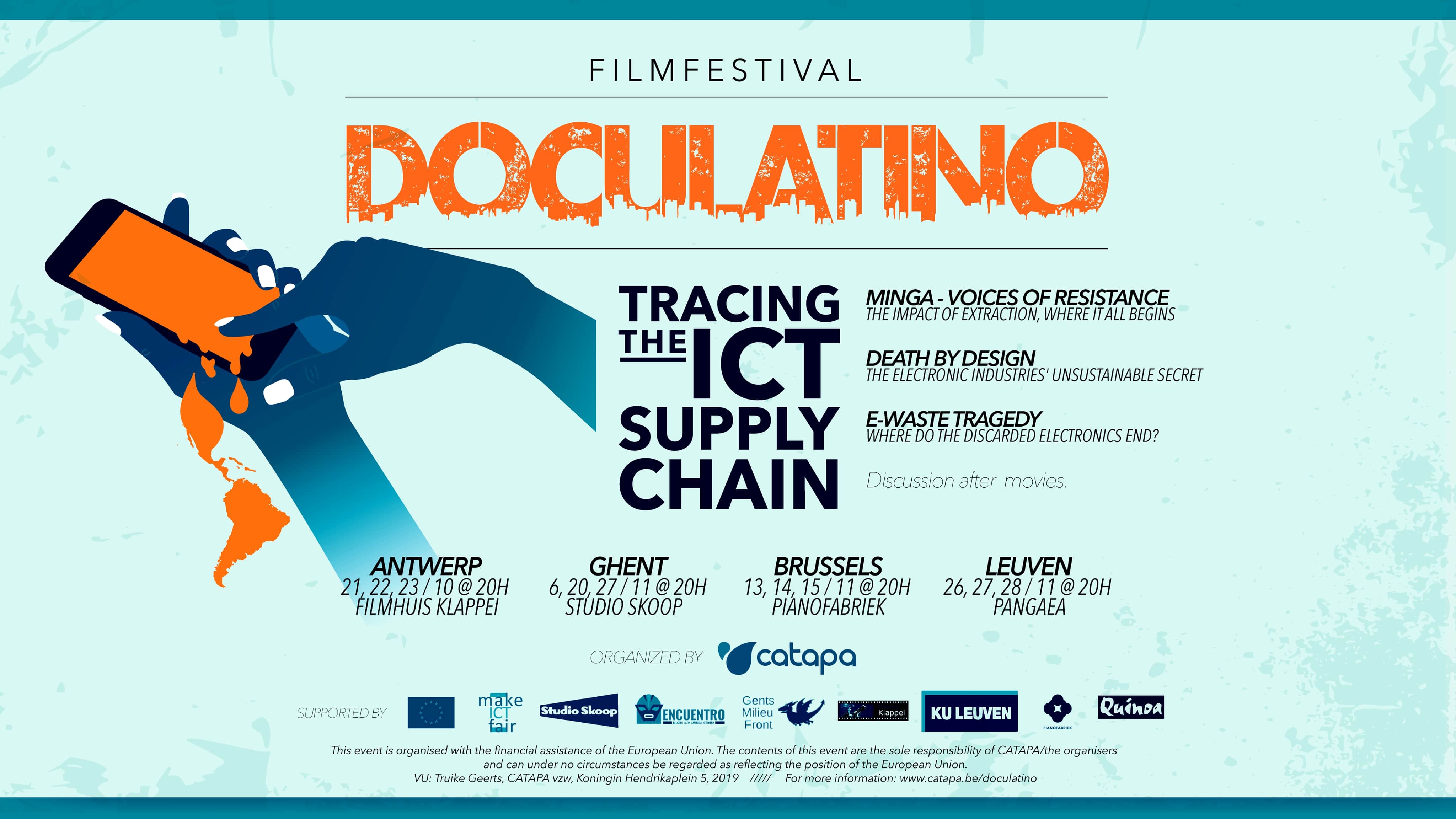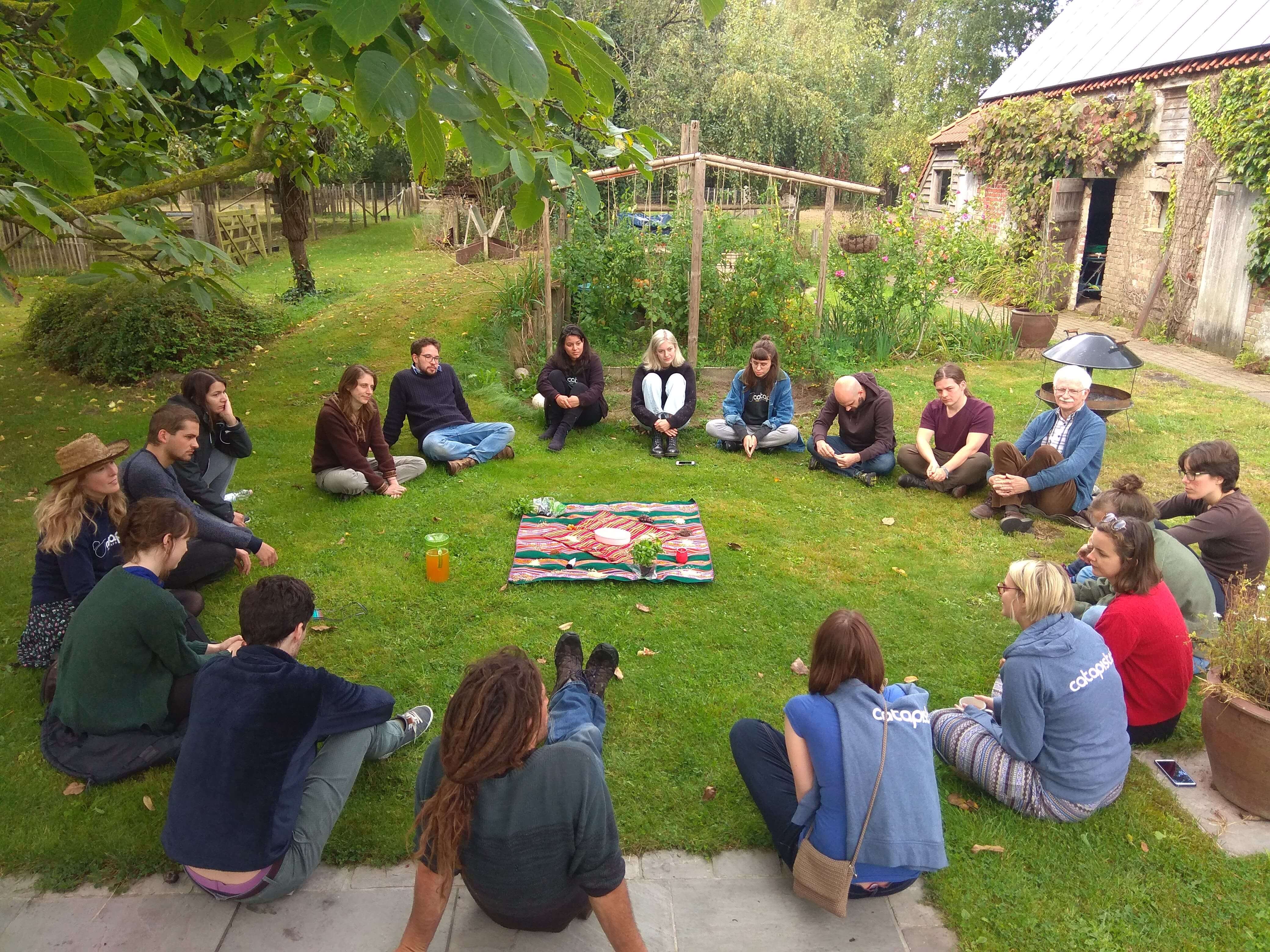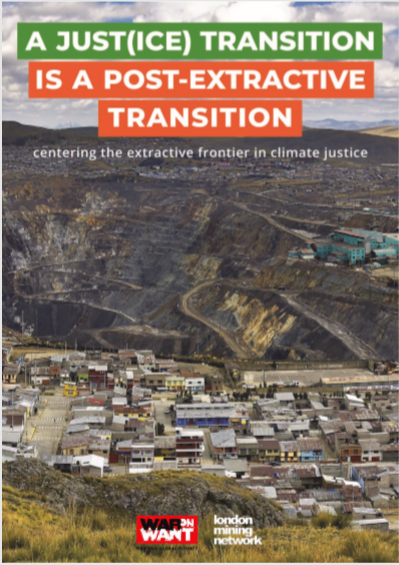DocuLatino 2019
DocuLatino Film Festival – Tracing the ICT supply chain
For the 11th year in a row Catapa organises the Doculatino Filmfestival in Ghent, Antwerp, Brussels and Leuven. Within the Make ICT fair European campaign, whose goal is to achieve a more transparent and fair ICT supply chain, this year we will broaden our focus from extractivism and look at the problems of the global ICT supply chain. Through 3 documentary screenings we will show you the path your laptop, smartphone or tablet follow from the extraction of its components to the dumping of the devices, and the related issues.
Documentaries:
1. Minga, by Damien Charles and Pauline Dutron
The journey starts in Latin America, one of the main victims of raw materials extraction. Today for the production of a smartphone more than 60 elements are needed and the vast majority are obtained by mining. As the documentary shows, the extraction industry has huge consequences on local communities and on the environment.

2. Death by design, by Sue Williams
In Death by Design, we will fly to the other part of the world to Asia (China, Vietnam, South-Korea, etc) where underpaid workers in inhumane working conditions are producing electronic devices thanks to the different metals extracted in Latin America.

3. E-waste tragedy, by Cosima Dannoritzer
Have you ever thought about where your old smartphone ends up after you don’t use it anymore? We will discover the often forgotten part of the supply chain: the electronic waste. Huge amount of e-waste is dumped every day in Africa and Asia, shipped mostly from Western Countries. This documentary shows the reality of what people living in those waste dumps have to face every day.

After each documentary screening, a group discussion will be held and introduced by an expert in the field. All three documentaries will be screened in four different cities of Belgium, each of them in a different day following the order above.
Click in each city to check more information about the location and time!
Antwerp – 21, 22, 23 of October
Ghent – 6, 20, 27 of November
Brussels – 13, 14, 15 of November
Leuven – 26, 27, 28 of November

















